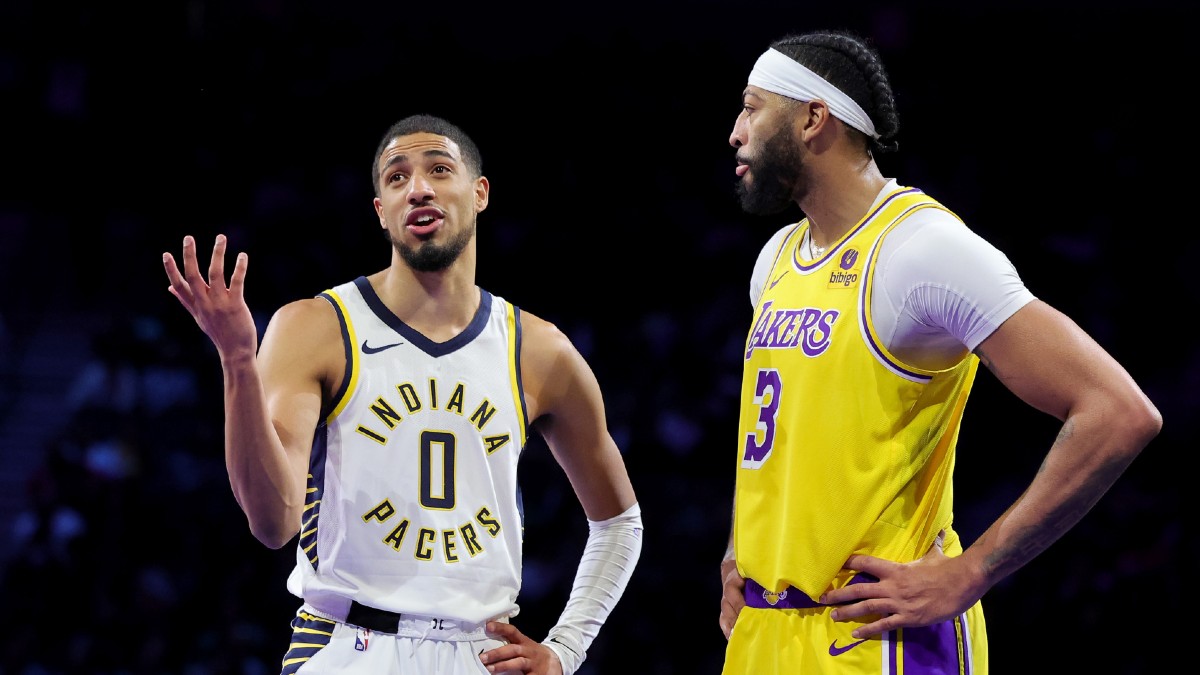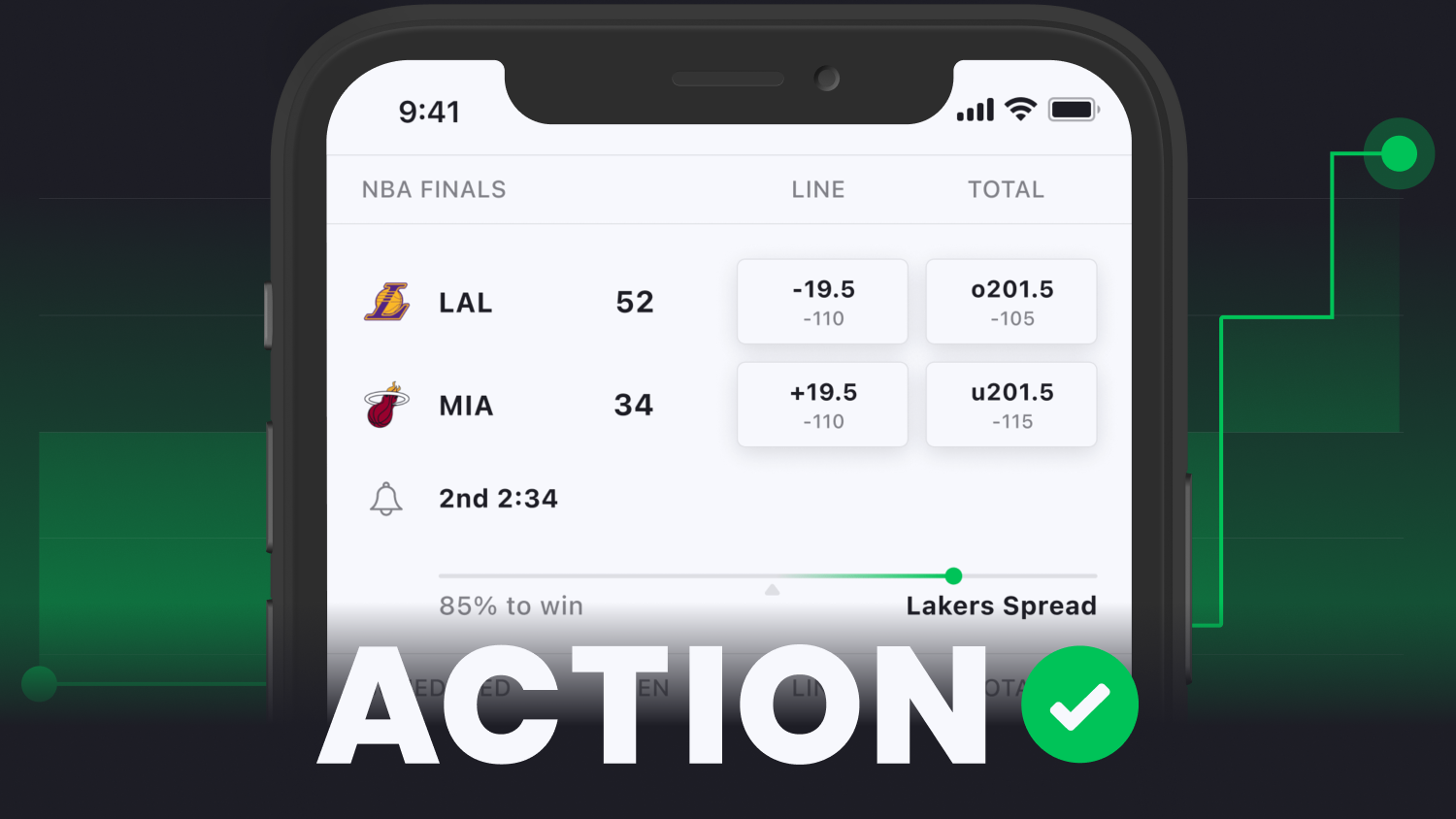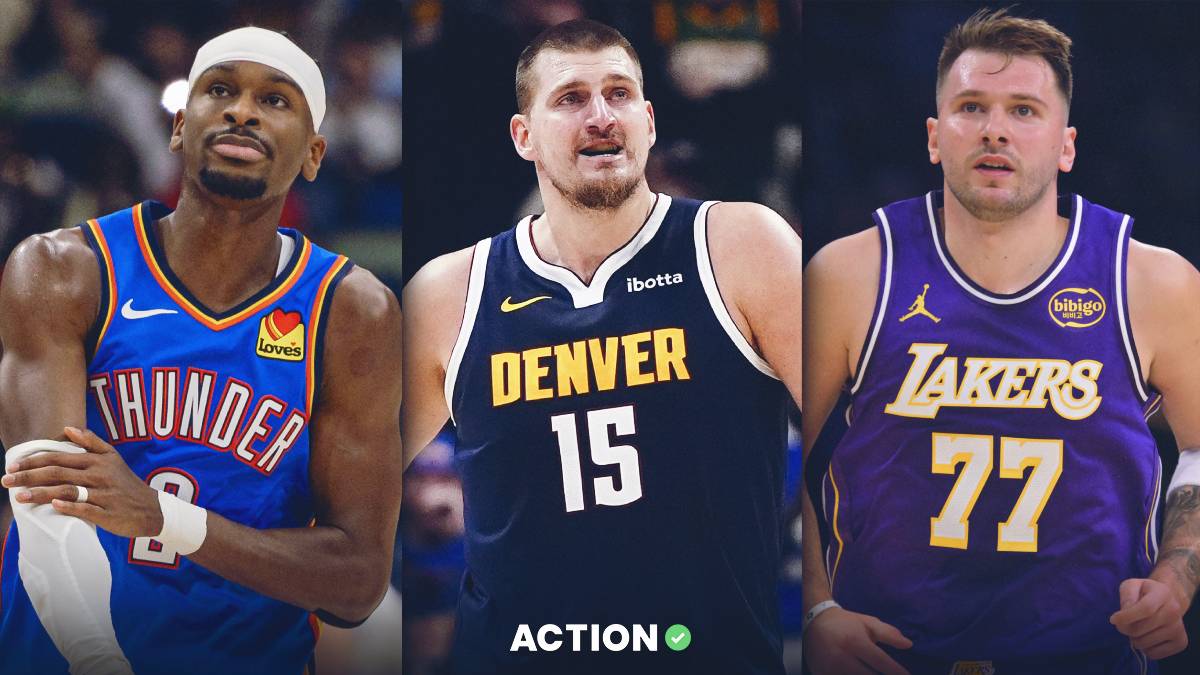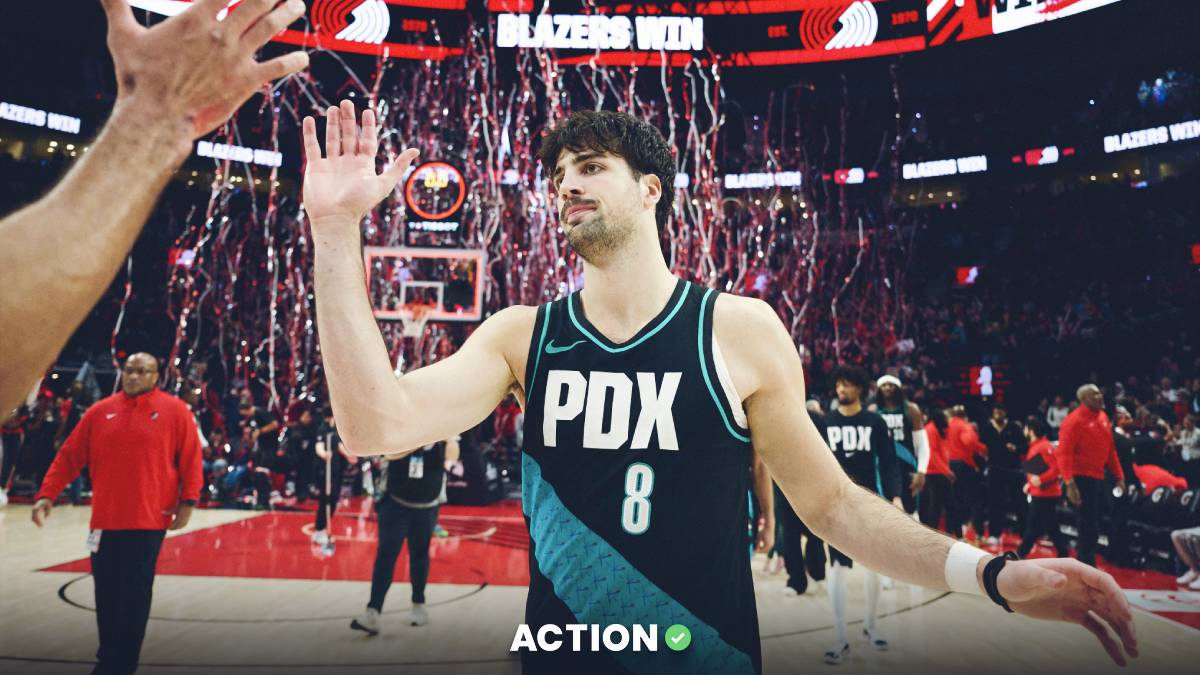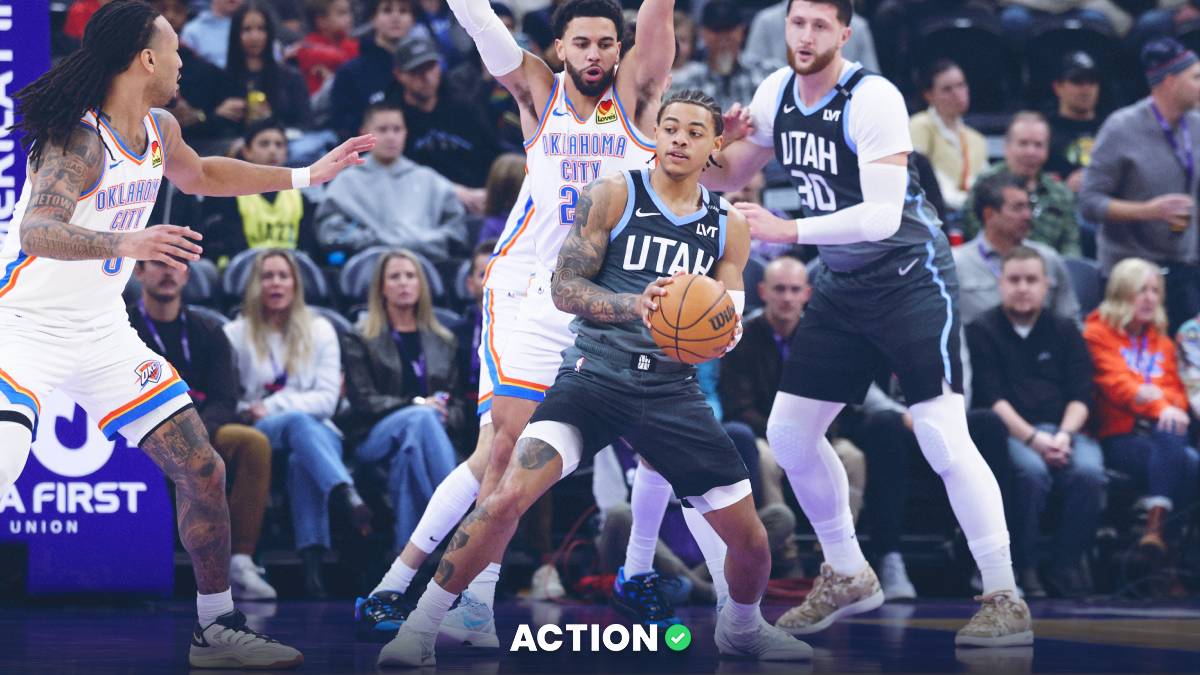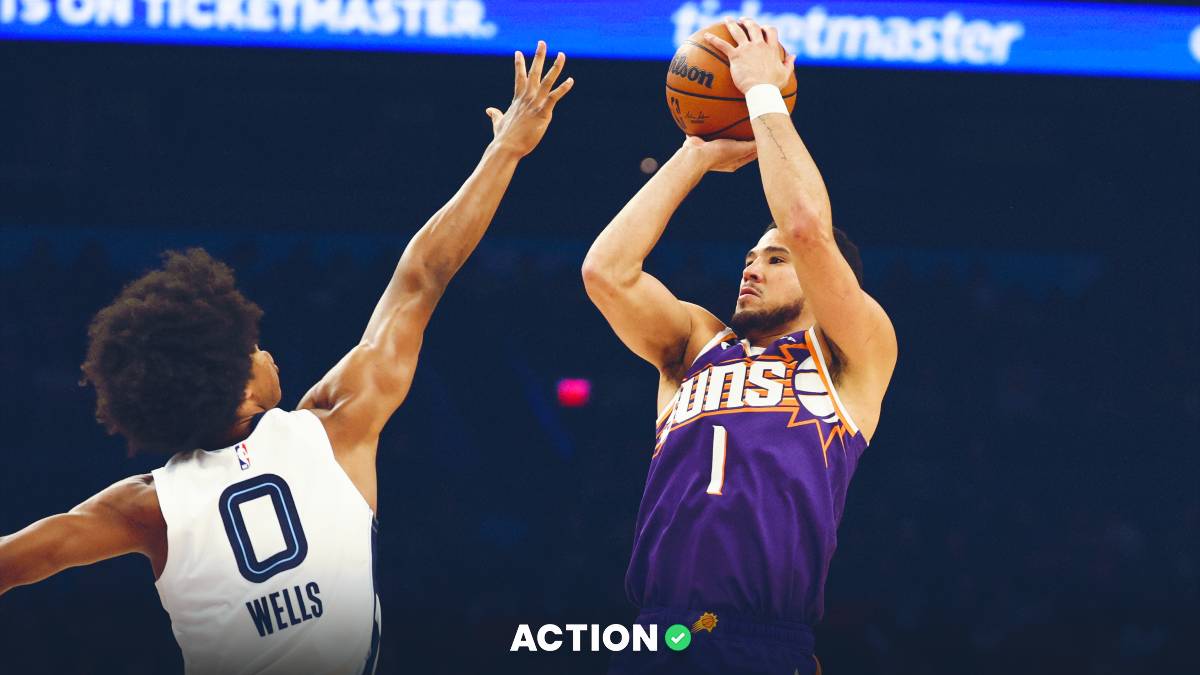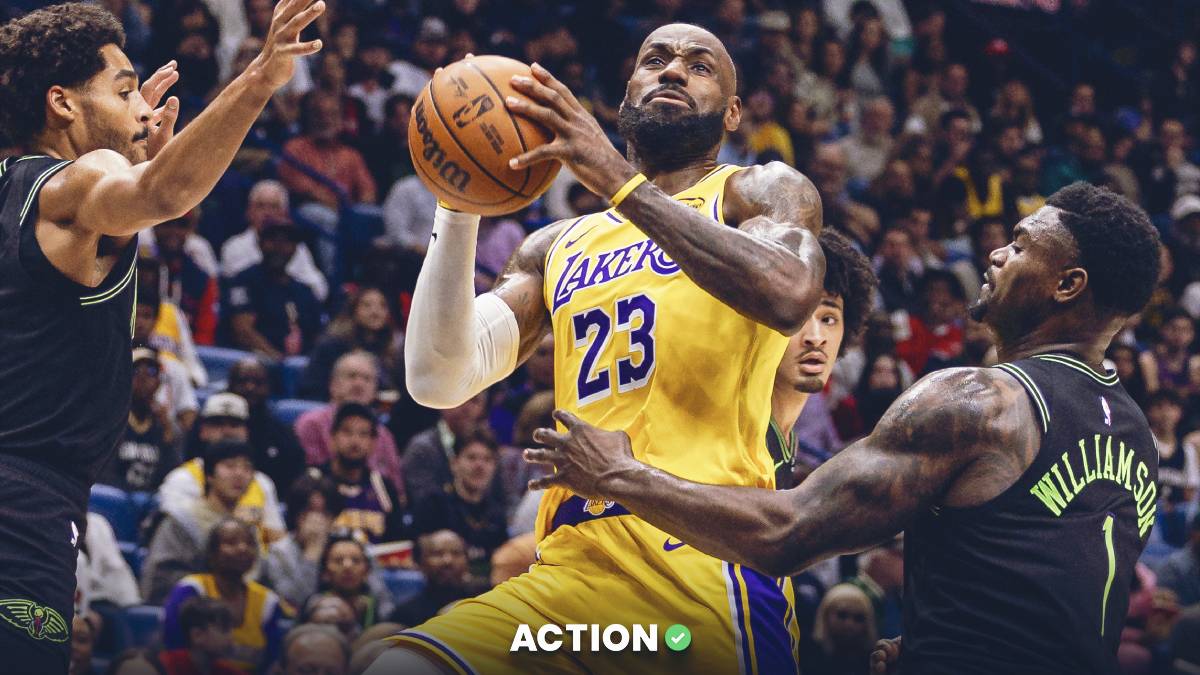Stop me if you've heard this before — the Los Angeles Lakers are champions.
The first NBA In-Season Tournament (IST) is in the books, and the second-winningest franchise in league history has added yet another championship to its tally.
The IST was billed as the NBA's version of March Madness, and in the end, it finished just as every March Madness does — with the clock striking midnight on Cinderella, and with the NBA's version of the Duke Blue Devils coming out on top.
The Lakers are the IST champions, but the Indiana Pacers will forever be the story of this inaugural tournament. Indiana took every punch the best teams in the East threw at it and took down the 76ers, Celtics and Bucks without breaking a sweat.
Night after night the Pacers played beautiful, open basketball with pace and space, filling the box score and, it should be said, allowing opponents to do the same with a distinct lack of defensive flair on the other end.
At the center of it all was the tournament's new superstar, Tyrese Haliburton, who played with the ball on a string, scored easily and efficiently, and made life easier for his teammates.
Indiana was the IST's first Cinderella.
Earlier this week, I compared the Pacers to Steph Curry-era Davidson because of Haliburton's mastery running the point. A reader made a great Indiana comparison to Loyola Marymount, an entertaining Cinderella underdog from the 1980s that pushed the pace, ran the floor and ran up the score.
Perhaps Butler was the better comp, right there in Indiana, the scrappy underdog that stunned the world of college hoops with back-to-back Final Four runs and even played in consecutive championship games.
But the thing about Cinderella is that there's a second part of the analogy, the reason we use it in the first place — the clock always strikes midnight.
On Saturday night, the clock finally struck midnight for the Pacers.
David ran into Goliath. The Lakers were bigger, stronger, faster and taller. Los Angeles was more physical. The Lakers bullied the Pacers from the opening tip, driving repeatedly into the heart of the Pacers' defense and setting a tone that they would push Indiana around and get anything they wanted.
Do you remember what happened to Curry's Davidson? It upset three higher-ranked, blue-blood teams and came to the brink of the Final Four before finally falling to a 1-seed Kansas that had far too much athleticism and talent. Loyola Marymount fell similarly short in the Elite Eight against UNLV.
Remember Butler's two appearances in championship games? Hopefully not. They were horrible games to watch, with a blue-blood opponent taking the bully role, getting the whistle early and often, and out-physical-ing Cinderella.
That was the story Saturday night in a disjointed game that was just the way the Lakers liked it.
Los Angeles knew it would get a kind whistle in front of a raucous "neutral" Vegas crowd. It set the tone early with physicality on both ends and rattled the Pacers.
The game was a difficult watch with the constant fouls and uneven, unpredictable calls both ways, but that's how Game 7s often go in the NBA playoffs, and this was the ultimate Game 7, complete with massive home-court advantage. Credit LeBron James, Anthony Davis and the Lakers for playing with physicality and bullying the opponent because they knew they could.
The clock eventually always strikes midnight on Cinderella because there are just too many blue bloods out there.
Who did Butler play in those finals? Duke and UConn.
Duke and UConn win March Madness in the end, not Butler. Not Cinderella.
And if the Pacers were Butler, the Lakers were mostly certainly Duke. The size and athletic advantages popped off the screen. Indiana fought hard and stayed shockingly close in a game that ended with a wide margin, but felt that way throughout.
In the end, the Pacers were the plucky underdog with a bunch of three stars and a four star who couldn't get it going. The Lakers just had too many five stars, too much size and too much talent.
The great hope of the NBA In-Season Tournament was a seven-game stretch that any team could win. And, ironically, that's what it got.
The Lakers, until this week, sat outside the top 20 in both Net Rating and SRS. They ranked bottom five offensively. By the metrics, they were barely even a playoff team.
But Los Angeles lucked into a soft group, took care of business against the teams in front of it and beat the one top opponent (Phoenix). The Lakers then outlasted the Suns again in the knockout-round opener, then physically dominated the Pelicans and Pacers to finish the job.
The Lakers always had the talent with James and Davis leading the way. They just needed to get hot for the right seven games, and they did.
The defense locked in and the size dominated. The team hit a barrage of 3s against New Orleans, then turned the championship game into a layup line. The Lakers took what was there against each opponent, took care of business night after night, and let their blue-blood talent win out in the end.
James was named In-Season Tournament MVP, because who else could it be? The King wins again.
And so the NBA's first March Madness ends the way all NCAA March Madness tournaments end — with Cinderella flaming out and a blue blood claiming a championship.
The Lakers are kings of basketball once again. NBA royalty past, present and future.
King James and the Lakers were always Duke.
And just like March Madness so often concludes, this Duke became king too.


